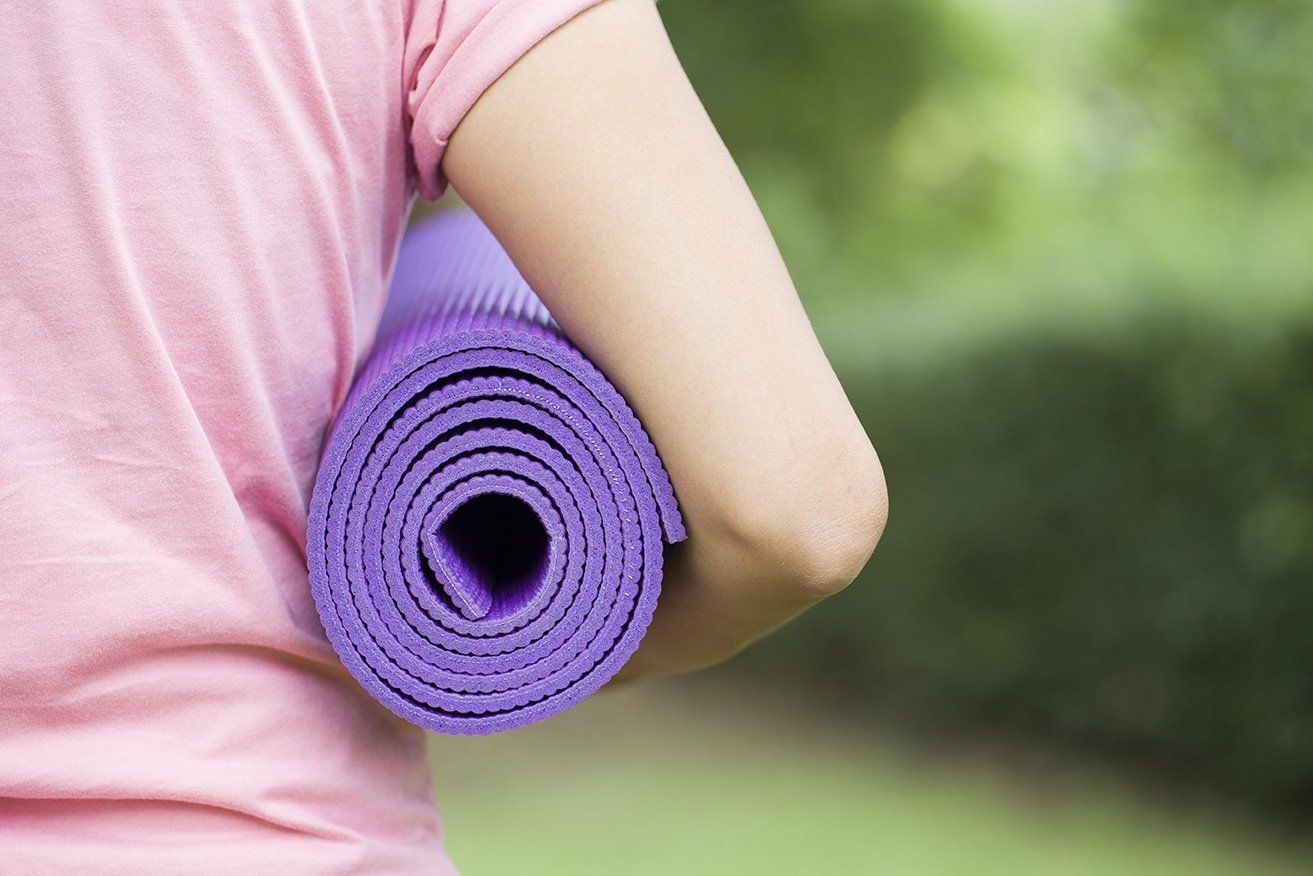Five Powerful Hacks for Good and Restful Sleep
Do we need more sleep? Is it that important?
The answer for almost everyone is a big Yes. What stands out for me is that not only a good night's sleep can change our outlook on life entirely, but we will also have so much more energy to better handle daily stressors.
Unfortunately, sleep is not valued highly in today's society. We believe we can get by on minimal sleep to maximize our wakeful activities, and the consequences are limited to a little sleepiness during the day. We are mistaken!
Sleep studies find that the adult human brain typically requires seven to eight hours of sleep a night to function optimally. Getting enough sleep and getting enough quality sleep is one of THE foundations for good health. By seven hours, I mean seven hours of sleep and not the total time spent in bed.
Did you know that the CDC reports that those who sleep less than 7 hours are more likely to report chronic conditions and are likely to be obese and physically inactive?
Sleep deprivation contributes to blood sugar dysregulation, obesity, and difficulty losing weight. People who miss sleep tend to eat more, particularly foods high in sugar, to make up for the lack of energy they experience. With sleep deprivation, the brain receives a signal that is not dissimilar to starvation. The brain then releases hormones that change your appetite. It releases a hormone called Ghrelin, which will make You want to eat more. At the same time, this signal suppresses a hormone called Leptin, which would give you a feeling of fullness, and now, you are even less satisfied after eating. As a double whammy, lack of sleep also decreases your motivation to do anything,e.g., exercise. We are eating more and exercising less.
Chronic under-sleeping also leads to the release of excessive cortisol, which causes more anxiety, causing more release of cortisol. Our Sympathetic nervous system, our fight or flight response, goes into action. This is a challenging negative feedback loop to escape from as it is a response to our genetic/ancestral programming. Sleep deprivation meant we had to be alert to fight the famous Saber-toothed tiger, which then triggers our brain to release more cortisol.
Nowadays, nine Million Americans take a prescription drug for sleep, which is unfortunately associated with higher mortality. Sleep aids do not cause actual sleep but rather renders us unconscious. Also, sleep deprivation has a similar detrimental effect on us as alcohol intoxication, which can lead to accidents, of which 20% relate to sleepiness.
I suspect all these numbers are higher, considering the 24/7 stressor added by the coronavirus pandemic.
Now, let's look at some of the benefits of good restful sleep; they are astonishing:
Individuals who get sufficient sleep learn new skills and knowledge better as our brain consolidates our day's experiences. Sleep improves the function of our immune system, and we are more likely to resist infections, including viral infections, and reduce the risk of cancer. Our bodies also repair and restore themselves during sleep. Toxins are eliminated, and tissue is repaired. Our parasympathetic nervous system, the branch of the autonomous nervous system responsible for the relaxation response, is restored with sleep, which explains why we are better able to navigate stressful times and events.
Ok, what to do? We need better sleep "hygiene" to optimize sleep.
You can find quick improvements by focusing on one of the following five areas alone:
1. Light Exposure Routine:
Go to bed at about the same time every night and get up at about the same time each morning. Research shows that our body needs a predictable schedule. Go outside for a few minutes first thing in the morning to hardwire your circadian rhythm. During the day, get as much sunlight exposure as possible. Switch off most of the bright lights 2 h before sleep. Wear yellow-tinted glasses in the evening for TV, computer, or any screen time and stop at least 2 h before going to bed. Blue lights from those devices prevent the release of melatonin, a hormone that helps maintain our circadian rhythm.
2. Eating Schedule
: Eat well and at the right hours during the day. Stick to a schedule whenever possible. Don't consume caffeine or too much sugar in the afternoon and have your last meal, a light one, no closer than three hours before your anticipated bedtime. Eat breakfast like a king, lunch like a prince and dinner like a pauper. Avoid alcohol as a bedtime ritual as its sleep-inducing effects are short-lived. You will often find yourself waking up a few hours later and not being to go back to sleep
3. Bedroom Set Up
: Make your bedroom conducive for sleep, the bedroom should be reserved for rest and intimacy. Keep your bedroom technology-free, with no TV or computer. Getting blackout shades or curtains is a great idea. Alternatively, wear a black eye mask, or put a dark-colored T-shirt over your forehead. Use white noise or earplugs if you are a light sleeper. Keep your bedroom temperature between 65-68 degrees Fahrenheit. Yes, that low! If that's too cold, wear a pair of socks.
4. Sleep Tracker Device
: Wear one of the many out there (Fitbit, Oura ring, etc.). It provides you with data that is a good approximation of methods used for clinical sleep tests. It will tell you the total duration of sleep, and the proportion of Deep, Light, and REM sleep. It will show you how the phases of your sleep are easily corrupted with a variable wake-sleep schedule, anxiety, and alcohol, and noise and light during sleep.
5. Relaxation:
Meditation as a consistent practice, as well as incorporating relaxing yoga poses before bed, has been shown to provide excellent benefits for restful sleep. Journaling, writing down all your troubling thoughts before bed or doing a gratitude practice, remembering or writing down e.g., three things you are grateful for today are also excellent relaxation-inducing practices preparing you for great sleep.
Most importantly, don't freak out when you find out you either can't fall asleep or wake up and can't go back to sleep. Instead of extensive tossing and turning, get out of bed. Keep the lights dim and go to another room. Write down troubling thoughts, prepare a hot water bottle to take back to bed, or read something until you are tired enough to sleep again.
Give it a couple of weeks, and you will see things will start shifting.
Tonite I wish you a beautiful night of restful and relaxing sleep!
Create Your Life in The Sweet Spot"
Much love,
Dr. Carol
Schedule a Complimentary Health Clarity Session with me today and sign up for my newsletter to get occasional updates.
Download the FREE Guide To Better Sleep
Fill in your info below
Sign up to our newsletter











